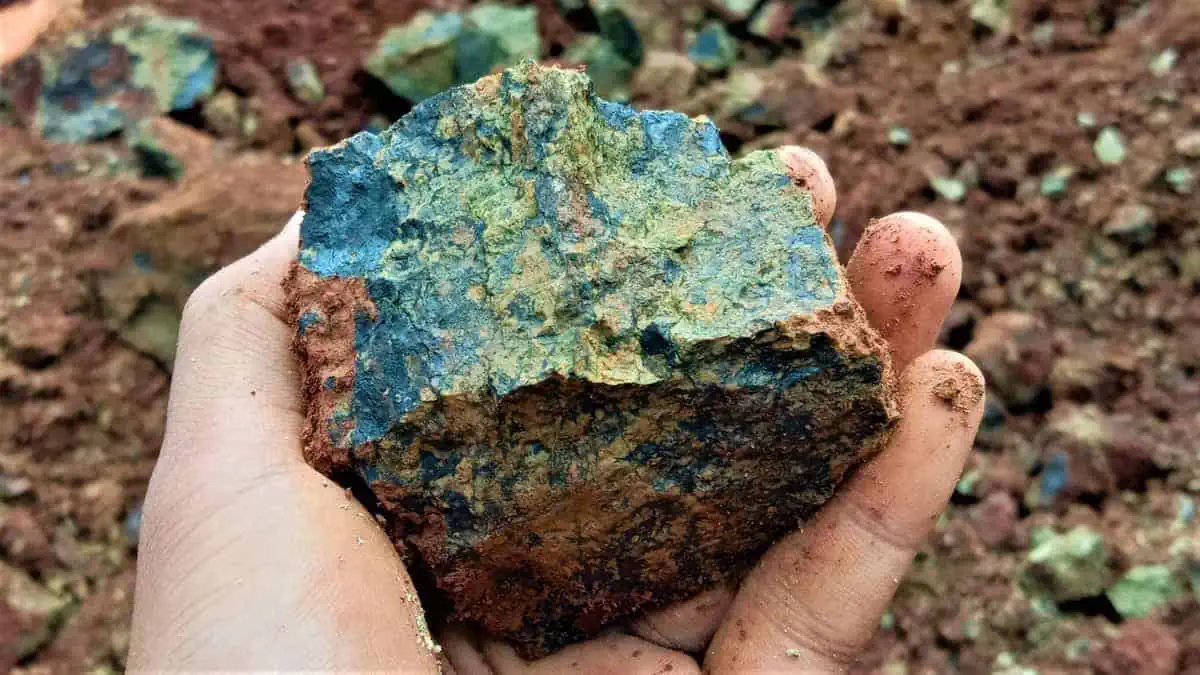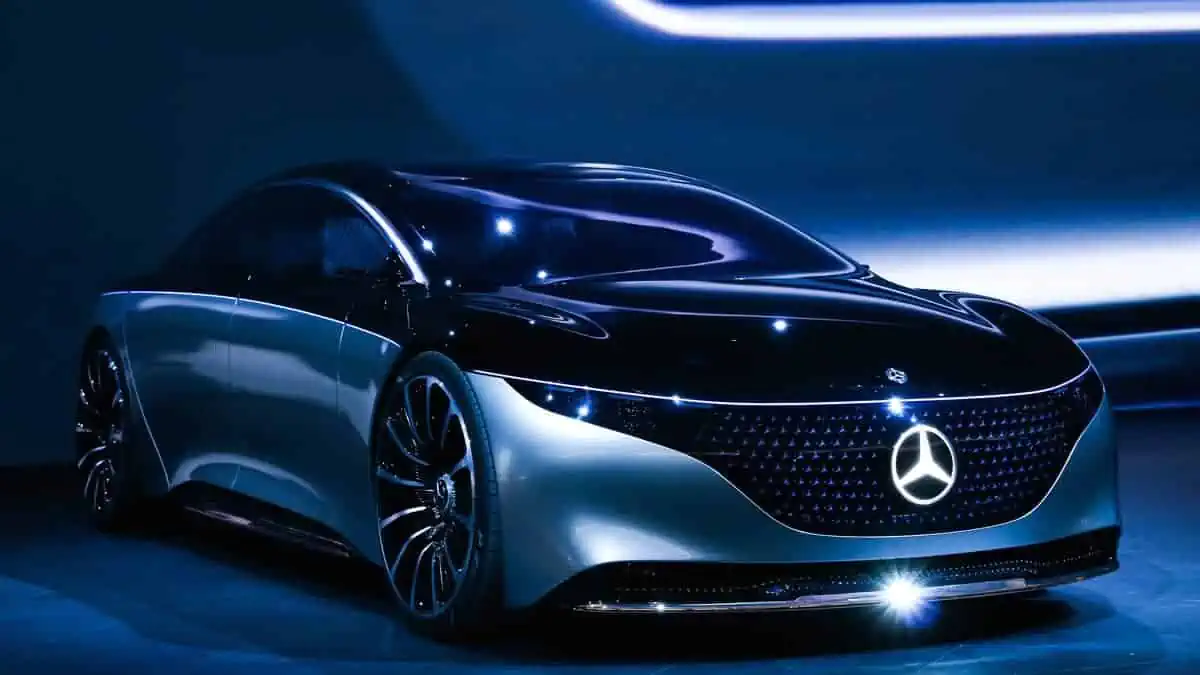Nickel Asia Corp. (NAC) is considering penetrating the EV industry with its advanced nickel processing operation, according to CEO Martin Antonio G. Zamora, via a media conference discussion.
Its partnership with Sumitomo Metal Mining Co., Ltd. built nickel processing facilities in the country which utilize the High-Pressure Acid Leach (HPAL) technology. The HPAL tech apparently offers a prospective new business for the company, as per Manila Bulletin.
That said, Nickel Asia is planning to build a third HPAL plant in the country to increase its output and aid its EV industry prospects.
“We are already partners with Sumitomo so it makes sense for us to cooperate to build another plant in the Philippines to go into processing.”
NAC CEO Martin Antonio G. Zamora
HPAL plants
There are already two HPAL facilities owned and operated by the partnership. One is in Rio Tuba, where NAC holds a 10% minority stake. The other plant is located in Taganito, where it also has a 15.6% stake in the Coral Bay Nickel Corp. in Palawan.
According to Zamora, the country’s HPAL plants currently produce mixed sulfide, where nickel content has increased from 1% to a whopping 55%.
After the production process, the mixed sulfide is shipped to Japan, where it undergoes additional processing to turn it into nearly pure nickel for manufacturing EV batteries.
“Moving forward that is an interesting area for us to pursue.”
NAC CEO Martin Antonio G. Zamora
Strategic location
Notably, the development of the 30,000-ton HPAL plant in 2012 cost the companies $1.6 billion. That said, NAC and Sumito require a mining site with nickel resources of at least 100 million tons to supply the third HPAL processing facility.
“We’re looking at opportunities whether it us or in our own areas or other areas that are not yet ours.”
NAC CEO Martin Antonio G. Zamora
However, as noted by CEO Zamora, finding a new nickel mine location near such a large ore resource is difficult. The country does not have many mining locations with 100 million MT of nickel deposits.
Furthermore, the investment cost in the country is expensive due to pricey infrastructure, taxes, and power, like in Indonesia.
Why is this important?
Nickel analysts projected that there would be a nickel shortage by 2025 or 2027. That said, the companies only have a few years to build a new plant, which has an estimated period of 3 years to be built. Likewise, nickel processing investors must start this year or in 2024, as suggested by CEO Zamora.
Furthermore, CEO Zamora calls for government initiatives to first stimulate mixed sulfide production. They must also support additional nickel refining operations to entice EV battery makers to invest in the country.






